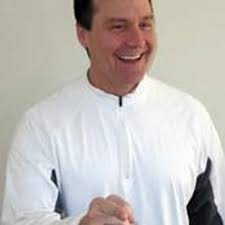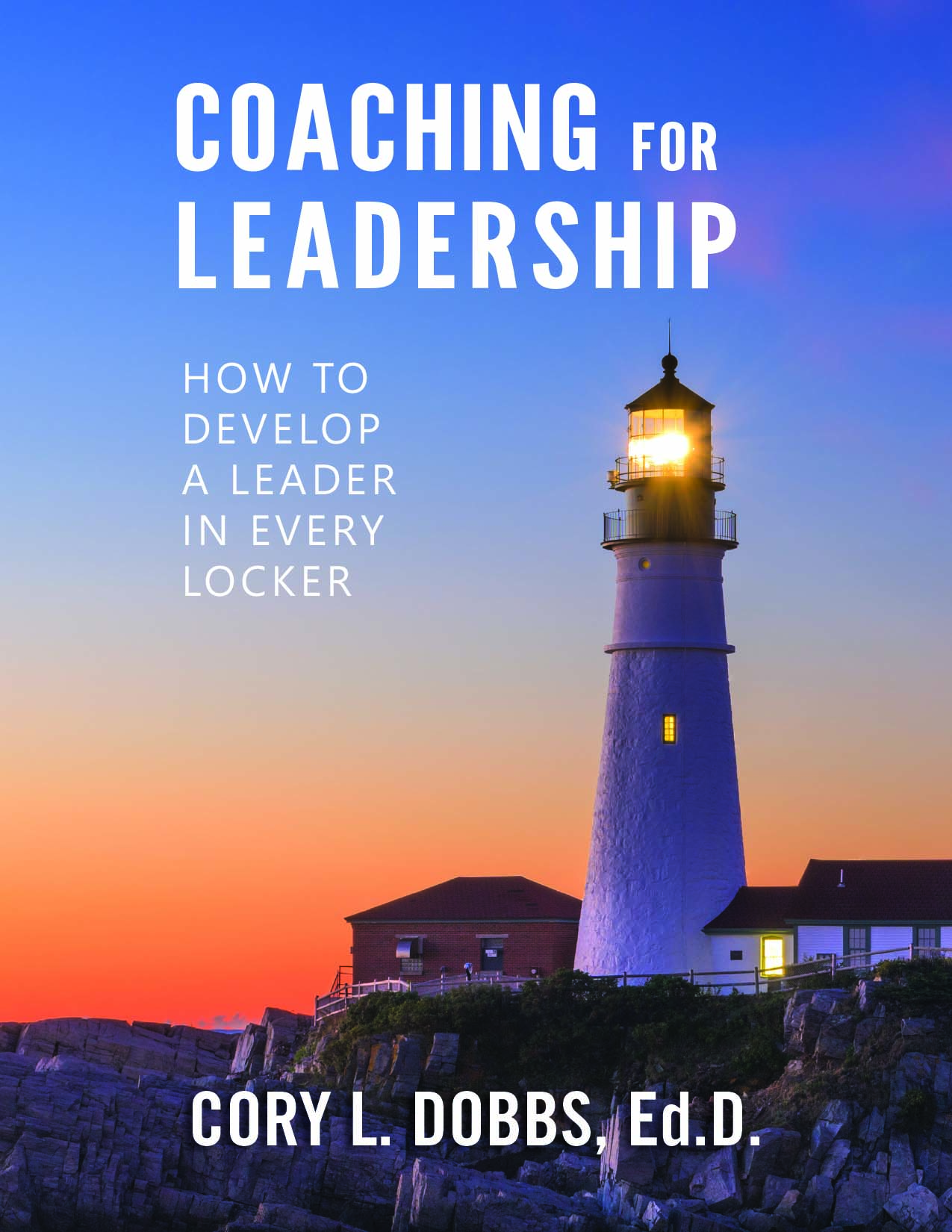
Dr. Cory Dobbs
The Academy for Sport Leadership
THE BUTTERFLY EFFECT
Years ago The Butterfly Effect was popularized to help explain the complexity of systems. For centuries, people viewed the universe as a large machine in which causes matched effects–big causes had big effects, and small causes had small effects. According to the scientific notion of a Newtonian world-view, the world could be reduced—one cause has one effect. This perspective lasted until the early Twentieth-Century when the mechanistic view was slowly displaced by systems thinking.
More recently scientific researchers have discovered that, “if a butterfly flaps its wings (small cause) in China it can contribute to the cause of a tornado (big effect) in Kansas.” The butterfly effect explains how small changes in initial conditions produce enormous effects, though often distant in time and place. The new understanding is that small causes trigger a chain of events. According to the new paradigm of systems thinking, it’s possible to propose that today’s problems come from previous solutions. For example, a sole focus on short-term events (such as running as a form of punishment) invariably will cause problems, though not predictable, in the long-term.
Through systems thinking we are able to see that small changes—whether a flow of energy (positive or negative) by a single player or a variation in coaching processes—occur all the time and alter the course of effects in unseen ways. The trick to learning a new paradigm is to set aside your current one while you’re learning. The new knowledge you are wrestling with won’t fit into your existing model, your existing ways of looking at things, of understanding the world.
The point is to understand that you have the potential, good and bad, to set in motion unknown results that will always emerge downstream. Like the butterfly effect, by engaging the hearts and minds of each of your student-athletes, you can unleash unknowable possibilities. Small changes in input produce huge changes in output—little causes can have big effects. A small comment can turn a bad attitude into a joyous celebration. Change a locker assignment and you change who players talk to before and after practice. A shift in the way a player talks to a teammate impacts the relationship. Imagine all the possible ways the peer effect will energizes, orients, and engages the talents of every student-athlete.
New to the Second Edition of Coaching for Leadership!
We are pleased to announce a new chapter to the second edition of the best-selling Coaching for Leadership. The chapter, The Big Shift: Unlock Your Team’s Potential by Creating Player-Led Teambuilding, connects the previous edition of this book to its origin, as well as to the future of team sports. The new chapter sets forth a practical and applicable agenda for change and improvement. The reader is introduced to seven vital elements of change; seven shifts of traditional mental models that lead to the new core principles necessary for creating a player-led team culture. Click here for more information about Coaching for Leadership
“Tell me and I’ll forget. Show me and I may remember. Involve me and I will care.” -Your Student-Athlete The world of coaching is changing. In Coaching for Leadership you’ll discover the foundations for designing, building, and sustaining a leadership focused culture for building a high-performance team. To find out more about and order any of the Sport Leadership Books authored by Dr. Dobbs including Coaching for Leadership, click this link: The Academy for Sport Leadership Books
About Cory Dobbs, Ed.D.
Cory Dobbs is the founder of The Academy for Sport Leadership and a nationally recognized thought leader in the areas of leadership and team building. Cory is an accomplished researcher of human experience. Cory engages in naturalistic inquiry seeking in-depth understanding of social phenomena within their natural setting.
A college basketball coach, Cory’s coaching background includes experience at the NCAA DII, NJCAA, and high school levels of competition. After a decade of research and development Cory unleashed the groundbreaking Teamwork Intelligence program for student-athletics. Teamwork Intelligence illuminates the process of designing an elite team by using the 20 principles and concepts along with the 8 roles of a team player he’s uncovered while performing research.
Cory has worked with professional athletes, collegiate athletic programs, and high schools teaching leadership and team building as a part of the sports experience and education process. As a consultant and trainer Dr. Dobbs has worked with Fortune 500 organizations such as American Express, Honeywell, and Avnet, as well as medium and small businesses. Dr. Dobbs taught leadership and organizational change at Northern Arizona University, Ohio University, and Grand Canyon University.







